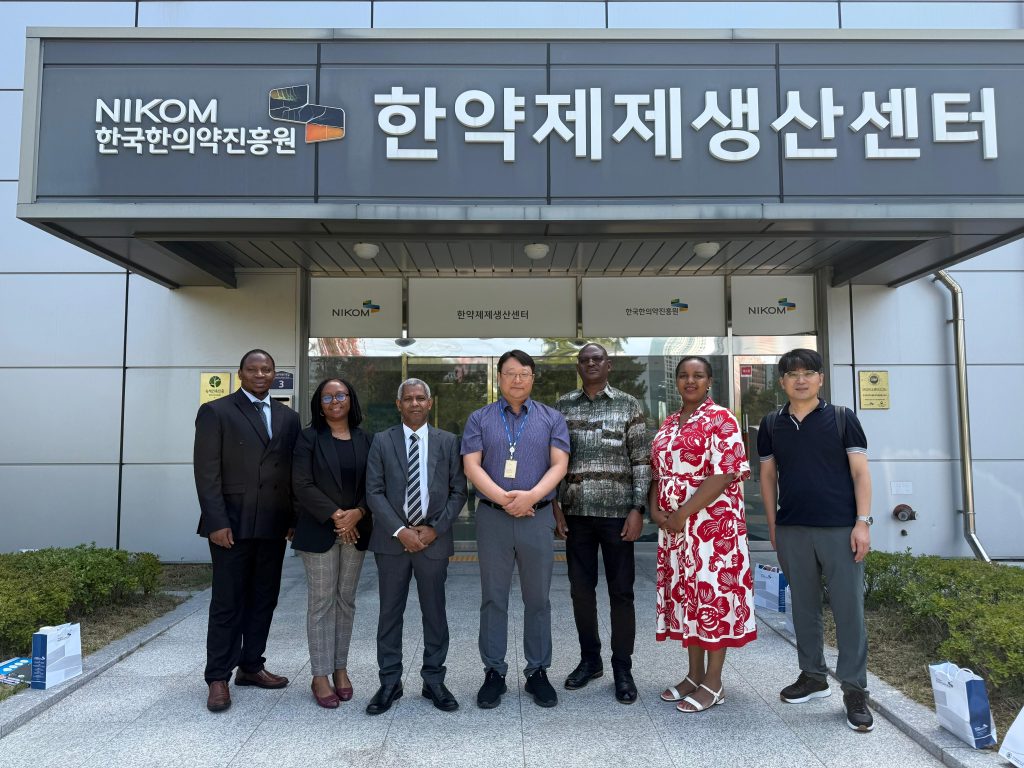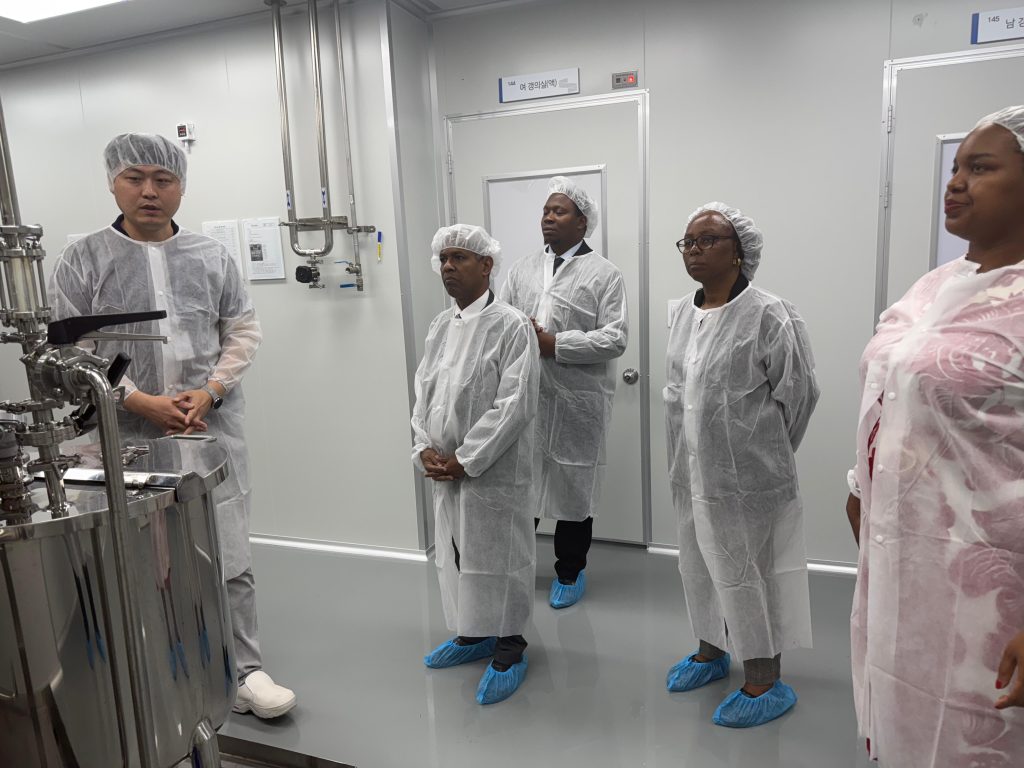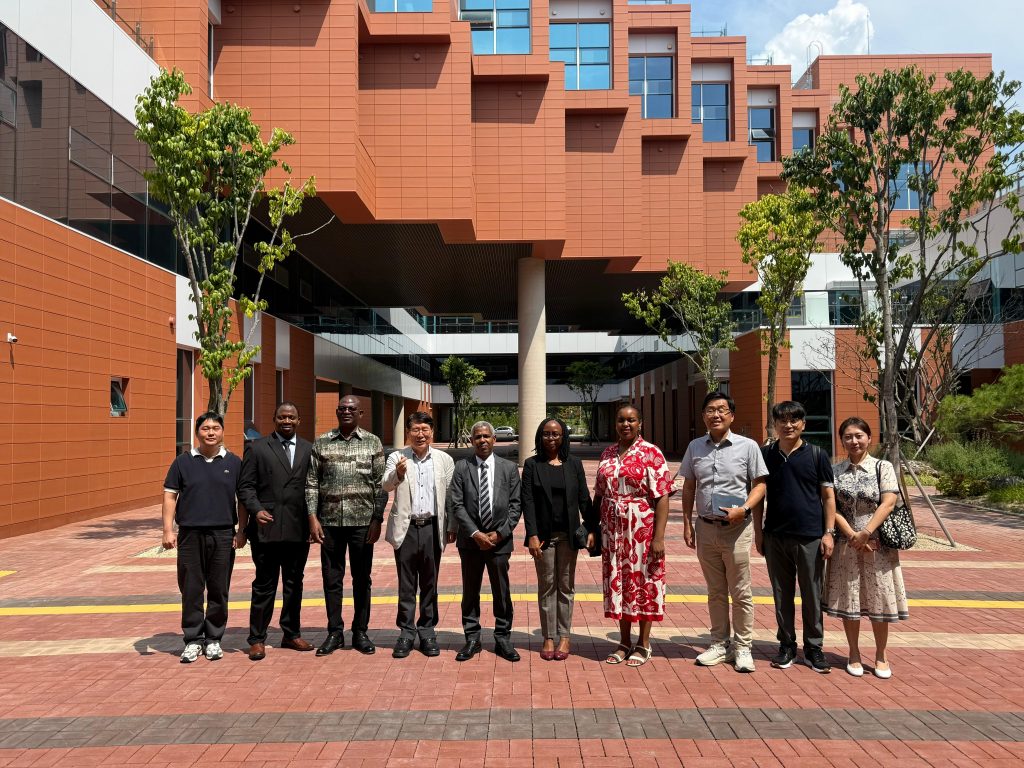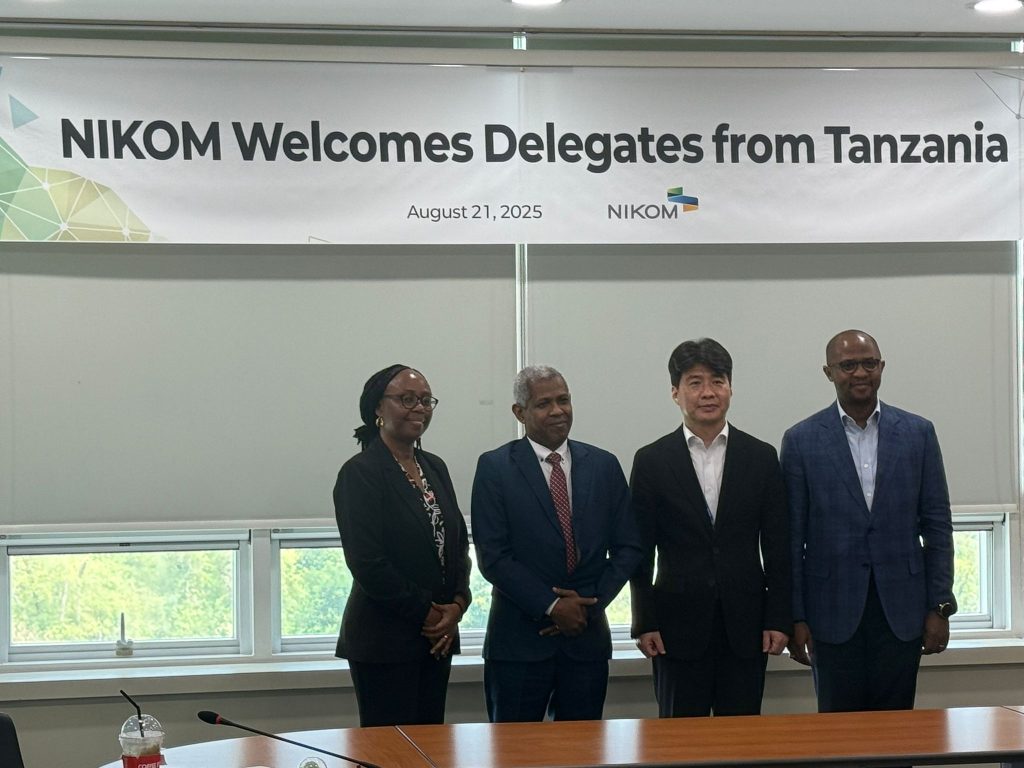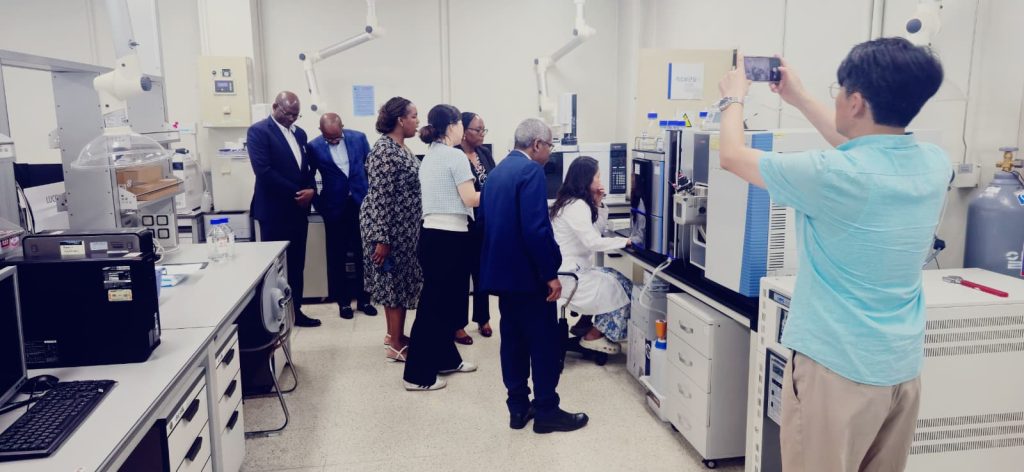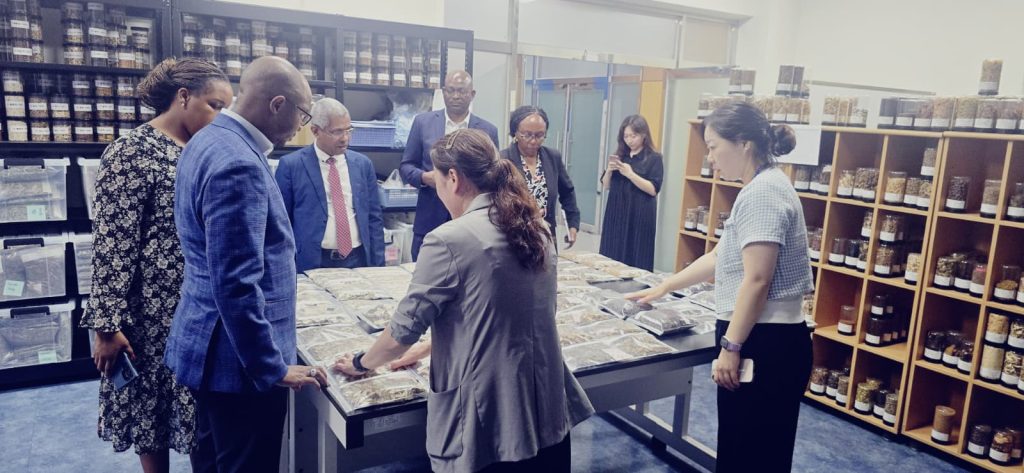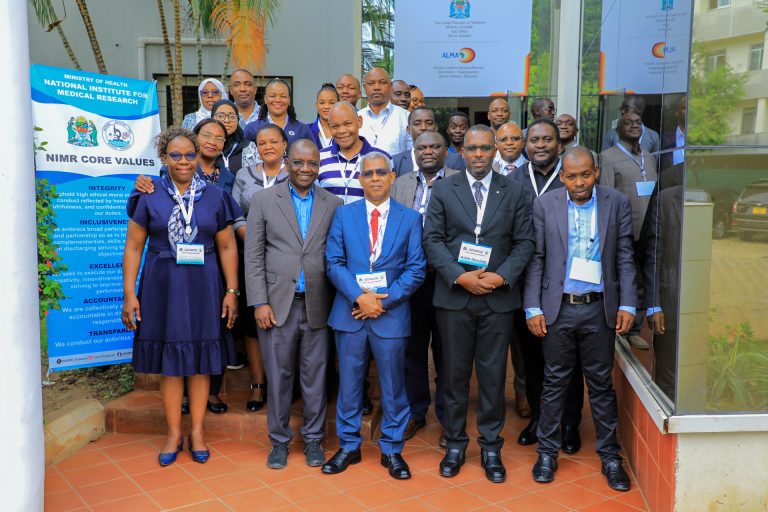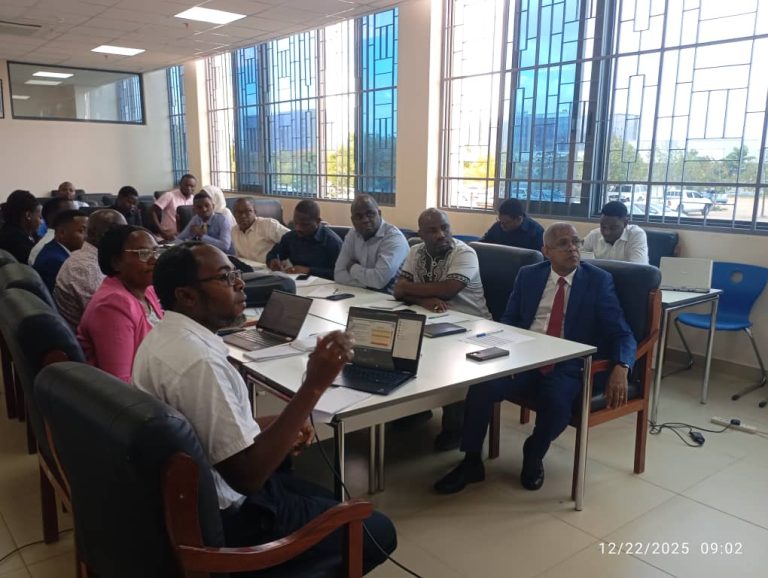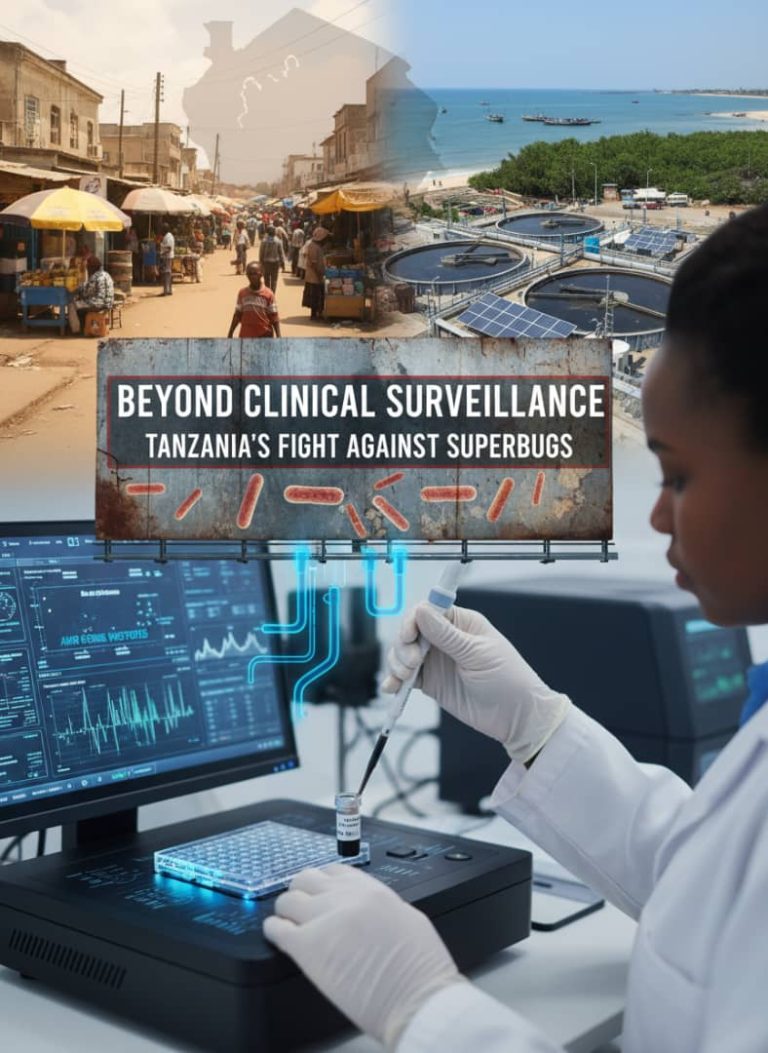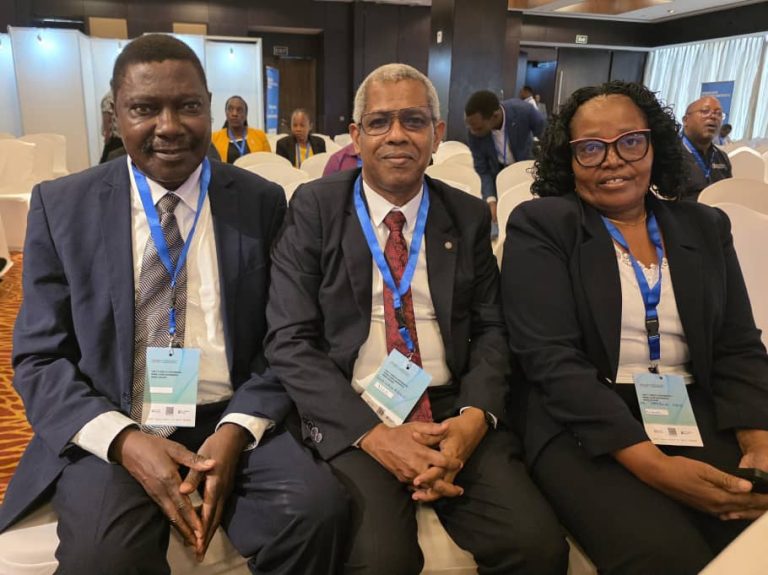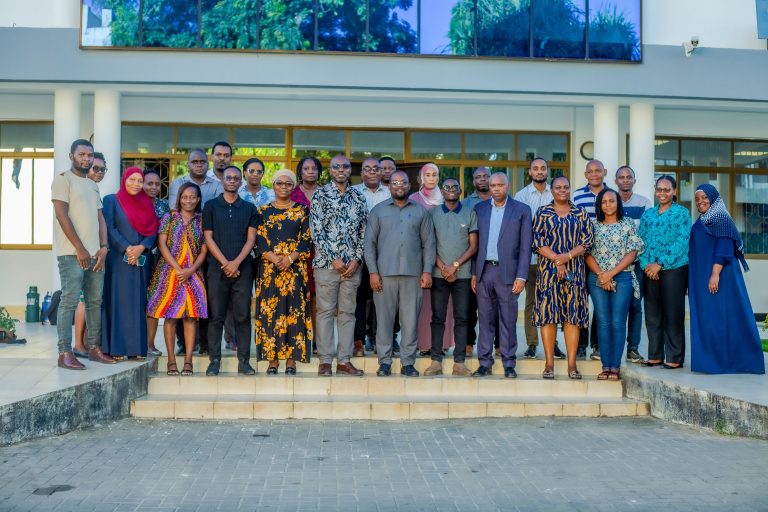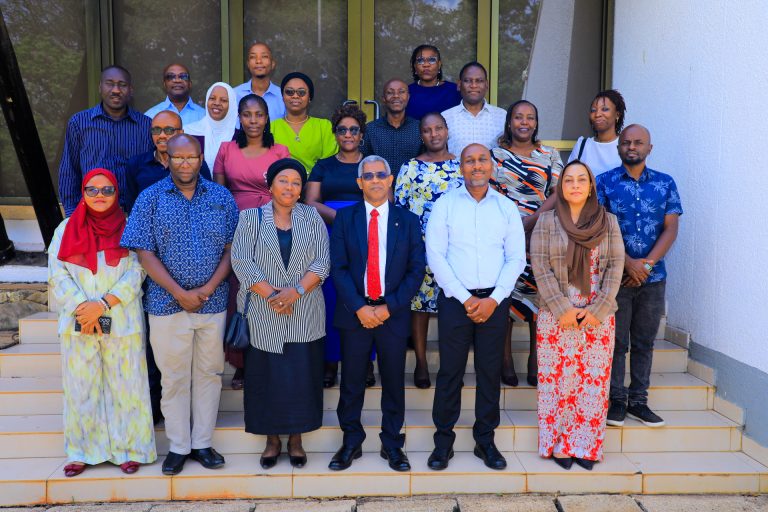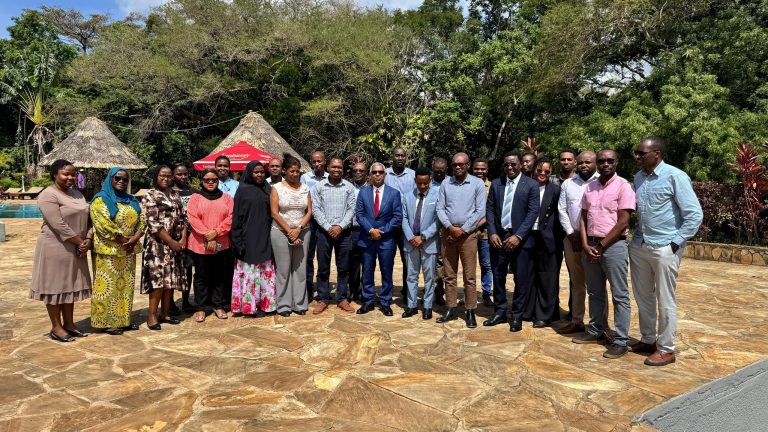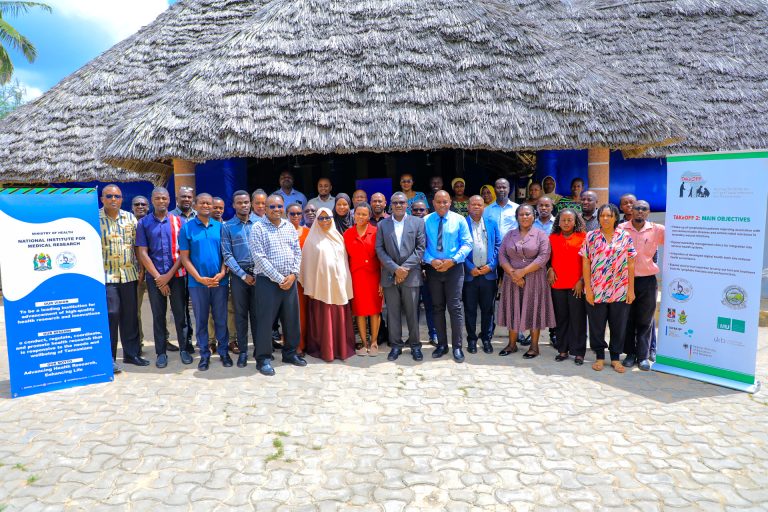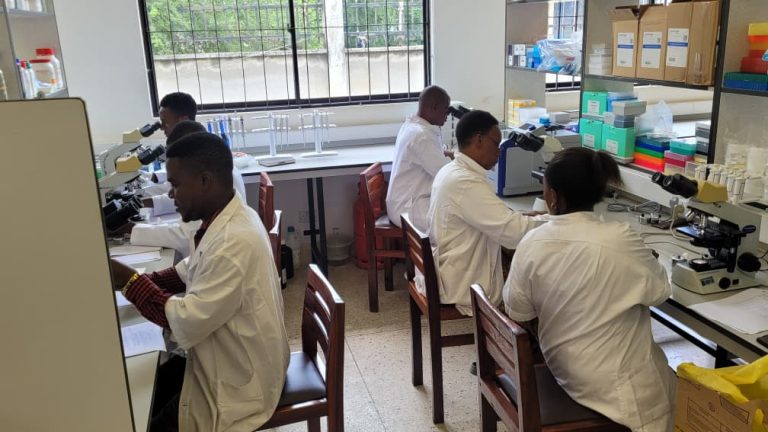The Ministry of Health and the National Institute for Medical Research (NIMR) together with partner institutions embarked on a study visit to the National Institute for Korean Medicine Development (NIKOM) in South Korea to strengthen Tanzania’s traditional medicine sector.
The delegation led by NIMR Director General Prof. Said Aboud included Assistant Director responsible for Traditional Medicines from the Ministry of Health Dr. Winifrida Kidima, Muhimbili University of Health and Allied Sciences (MUHAS) Institute of Traditional Medicine (ITM), the Zanzibar Health Research Institute (ZAHRI), and the Zanzibar Traditional and Alternative Medicine Council (ZTAMC), Ministry of Health Zanzibar.
Speaking during the visit, Prof. Aboud emphasized that Tanzania seeks to learn from Korea’s significant progress in the traditional medicine industry particularly in research, drug production, and training capacity.
“Our primary goal for this visit is to learn from your advancements in traditional medicines. We are especially interested in your research, drug production, and training capacity, which we understand are exemplary. We look forward to visiting the NIKOM Quality Certification Centre, Good Manufacturing Practice (GMP) Centre, traditional medicine hospital and university to gain firsthand experience,” Prof. Aboud said.
The delegation visited several key institutions under NIKOM including the Headquarters in Daegu, the NIKOM Quality Certification Centre, the NIKOM GMP Centre, the University of Traditional Medicines, and the Traditional Medicine Hospital. These visits provided practical insights into Korea’s regulatory frameworks, research capacity, training approaches, and integration of traditional medicine into modern healthcare systems.
Prof. Aboud noted that Tanzania has made notable progress in integrating traditional medicine into its healthcare system. Since May 2023, 14 Regional Referral Hospitals have provided traditional medicine-based care to over 1,000 patients helping to treat various diseases and combat antimicrobial resistance. The MUHAS ITM has also launched new training programs, supported PhD research, and brought traditional medicine products to market, thereby contributing to the revenue generation and employment. He further underscored the importance of cooperation between the two countries.
“During our time here, we are eager to also discuss specific areas of cooperation including training for staff and joint research. In the long term, we look forward to agreements on infrastructure development, markets, and mapping plants with medicinal potential,” he said.
During her presentation to the NIKOM Headquarters, Dr. Kidima highlighted key areas of techinical support required for Tanzanian traditional medicine experts, medical professionals as well as the proposed five year collaboration plan; all of which are geared towards capacity building, adopting new technologies and strengthening diplomatic relations between Tanzania and South Korea.
Prof. Aboud added that the outcomes of the collaboration are expected to improve public health, boost Tanzania’s economy through the traditional medicine sector, and support production of high-quality natural medicines.
The visit highlights Tanzania’s growing health diplomacy with South Korea, aiming to merge traditional wisdom with modern science for the benefit of our society

